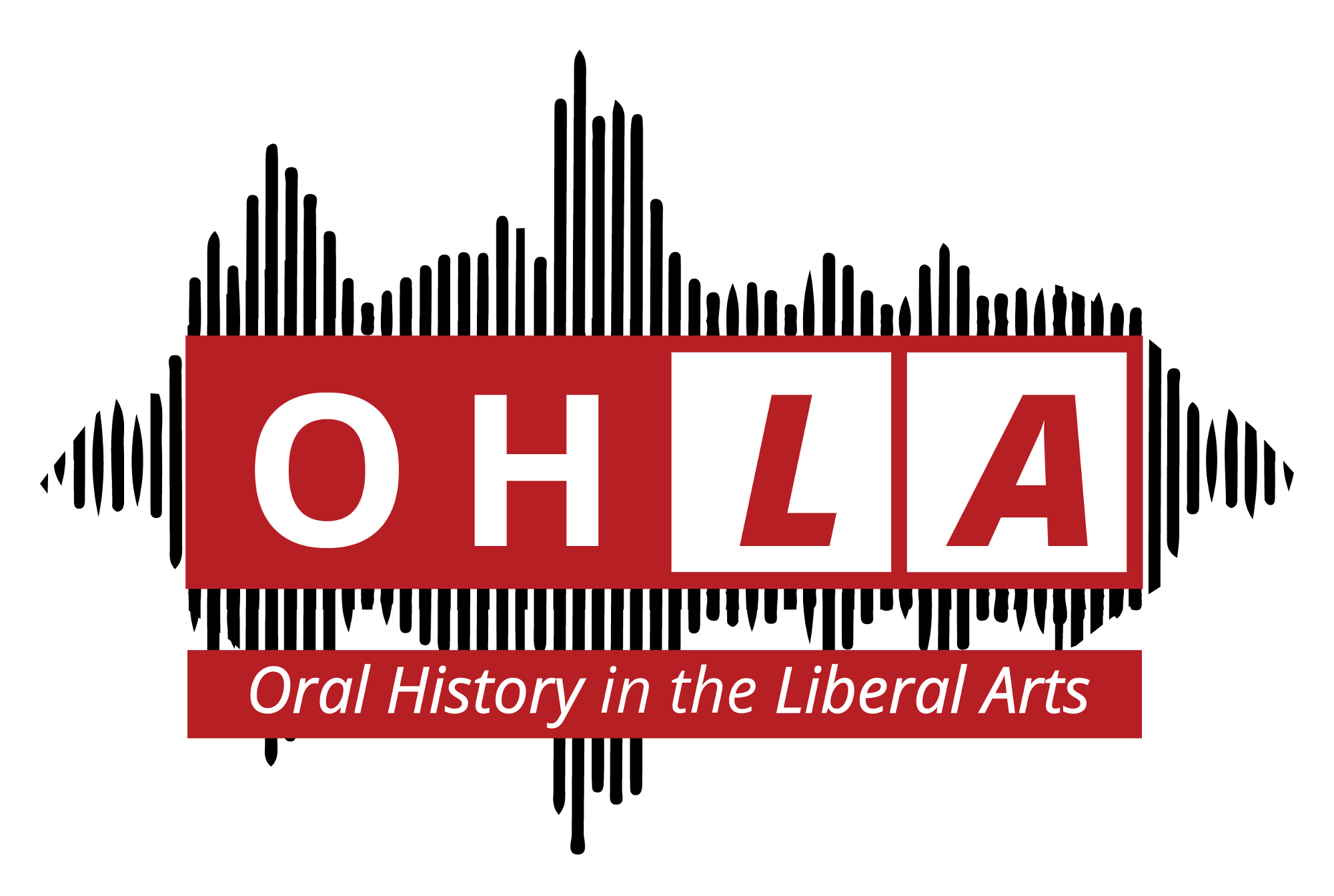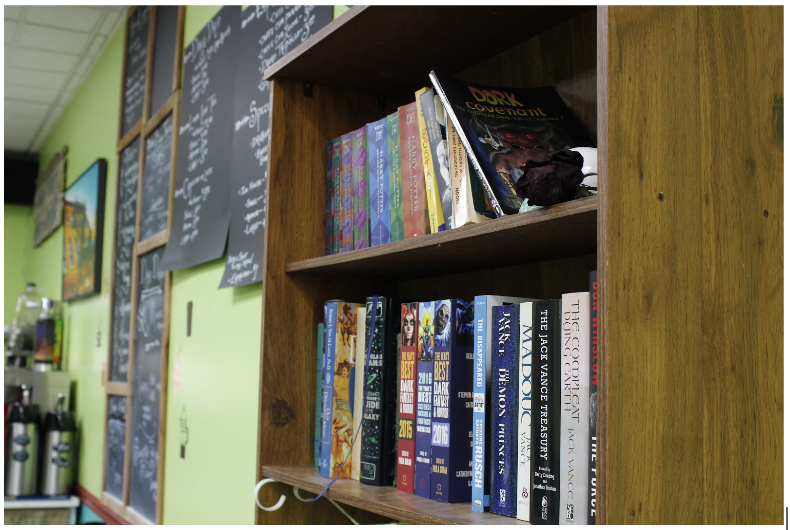When you’re conducting oral history in order to develop a podcast, you’re not only doing research: you’re also, as they say in the biz, “getting tape.” Thinking about the end game—creating a dynamic, compelling, and smart listening experience—does not come easily to most students, and it’s particularly tough for a beginning interviewer, who is nervous, unsure, and primarily worried about living in conversation with a stranger.
I’ve spent most of my time teaching students how to interview and conduct fieldwork. Both are crucial to moving students into a community, developing strong analytic work, and creating listenable podcasts. My go-to resources for developing these skills are:
- Writing Ethnographic Fieldnotes by Robert M. Emerson, Rachel I. Fretz, and Linda L. Shaw. This book neatly moves students through the process of participant observation and offers ample examples for “creating scenes on a page.” Students learn to develop an observer’s eye, to hone in on details, and to think about how other folks make meaning in their worlds.
- The Abbreviated Life Story Model developed by Brooke Bryan. Many students initially think of interviews as an information-gathering mechanism, rather than as a storytelling experience. Brooke’s model carefully moves students toward the latter, helping them to craft interview questions that move interviewees to share experiences and emotions.
- The Turnaround, interview with Ira Glass. The Turnaround is a podcast about interviewing, and host Jesse Thorne interviews lots of great interviewers, including Werner Herzog, Audie Cornish, Anna Sale, and Terri Gross. In this episode, Glass talks through how he moves interviewees to share stories, and how he is always thinking about story structure.
- The Turnaround, interview with Anna Sale of Death, Sex, Money. In this episode, Sale reflects on dealing with sensitive subjects in interviews.
Equally important, though, is cultivating students’ ability to research for audio stories. Students need to think not only about getting good audio during interview sessions, but also about producing well-researched, fair stories and developing soundscapes. I’ve spent much class time pushing students to record audio while they’re in the field, and they’ve spent an equal amount of time “forgetting” to do so. It’s hard for students to see the importance of soundscapes until they’re in the editing room and it’s too late. The following resources are useful for moving students to research for audio:
- Sound Reporting: The NPR Guide to Audio Journalism and Production by Jonathan Kern. This comprehensive book covers all the stages of writing for audio, and though it is aimed primarily toward budding journalists, its chapters on Reporting, Field Producing, Producing, and Commentaries offer critical insight about researching for sound.
- Radio Diaries DIY Handbook by Joe Richman of the Radio Diaries Podcast. This brief book is pitched toward DIY’ers, beginners interested in trying out podcasting, and so it’s perfect for undergraduates in a class that introduces podcasting skills. Richman helps readers to understand what’s unique about audio stories. He writes, “Radio is good at action, good with verbs…. We hear the sound of something happening in front of us, the sound of someone really inhabiting their own words.”




